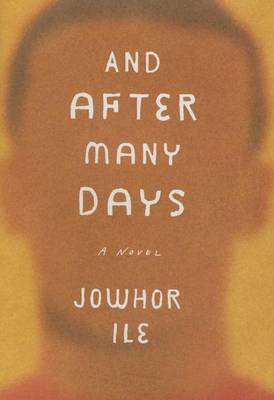Reviewed by gmcgregor on
The story doesn't progress like a typical missing youngster whodunit. Instead of focusing on the family in a timeline moving forward, Ile touches on the family's painful present while going backwards to show how they used to be, in happier times. I appreciated the accuracy of the way Ile portrayed childhood relationships, including those between the three siblings. The kids get along one second and the next are at each other's throats. They deliberately annoy each other and relish in the squabbles they set off. There's never any doubt that the Utu kids are close and love each other, but Ile doesn't cherry-coat that aspect of siblinghood.
Ultimately, I feel like the book was slightly too short. At only about 250 pages, it doesn't have quite the time to develop the parallel between the Utu family's personal tragedy and the community-wide tragedy of Western corporate interests interfering the dynamics of the Utu's native village that it seems to be going for. It reminds me of the way Chinua Achebe used the Christian missionaries in Things Fall Apart, but without giving himself the extra 50 or 100 pages to flesh it out more fully and achieve Achebe's richness of metaphor. But Ile's prose is lyrical, strong and sure, and this is a debut that promises good things ahead, so I look forward to reading his next.
Reading updates
- Started reading
- 11 April, 2016: Finished reading
- 11 April, 2016: Reviewed
